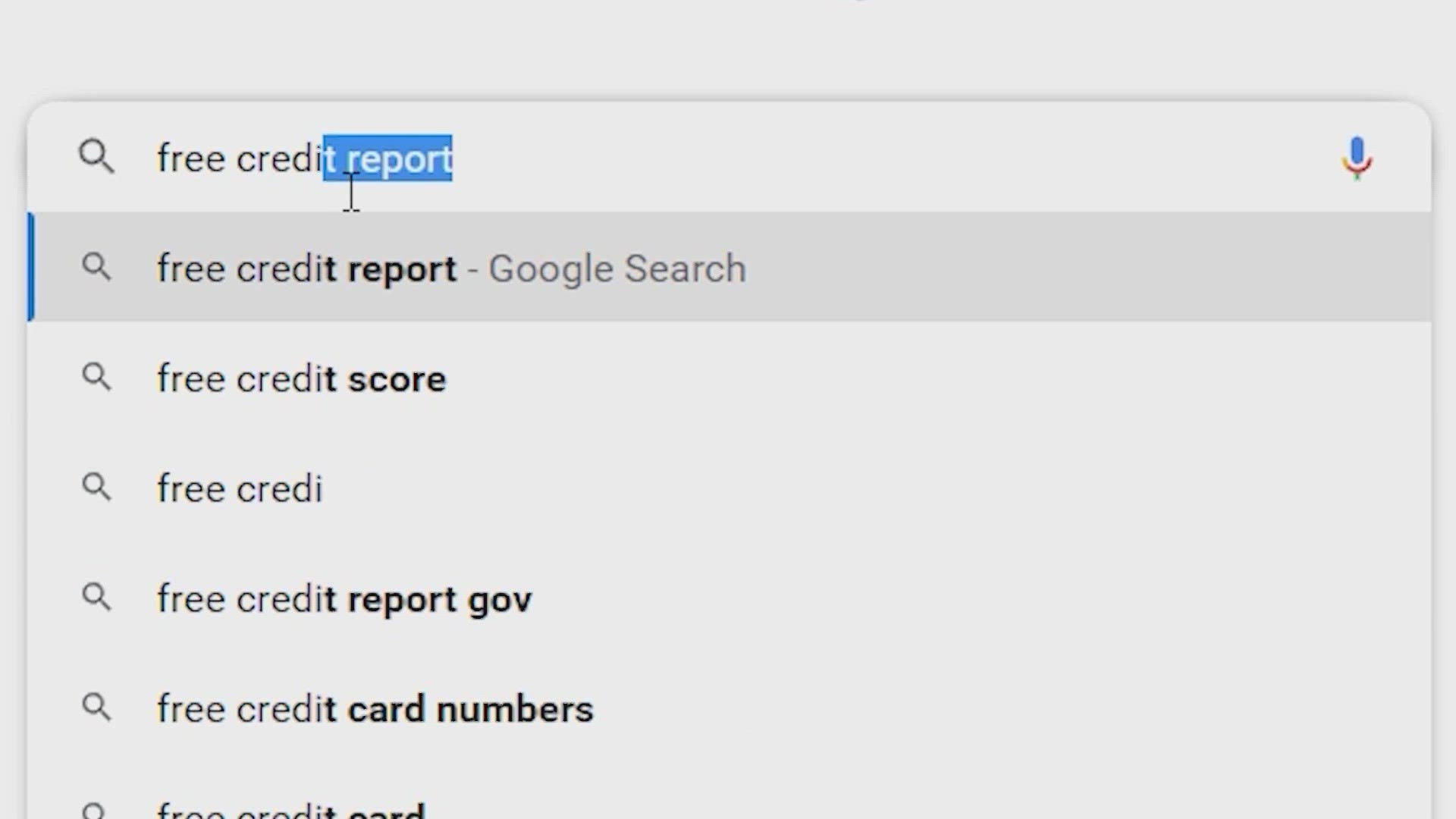SAN ANTONIO — Scammers are exploiting commonly searched phrases to give you links that will try to trick you into giving up money or personal information. So, stay on the safe side and do not search certain phrases.
A quick search is an easy way to find a contact for a company’s customer service information, but scammers use it as a way to direct communications to them.
“They handle these calls, hundreds a day and they’ll sound just like the technician,” said Peter Warmka, a cybersecurity expert with The Counterintelligence Agency.
Instead, go directly to the company’s webpage and find the “contact us” tab.
One of the best ways to make sure you are not a victim of identity thief is to monitor your credit report. You are able to get a copy for no cost but never search “free credit report.”
“They’re going to ask you for all this really, really crucial information,” Warmka said.
It could include your date of birth and Social Security number. That makes it easy to steal your identity.
Instead, go directly to AnnualCreditReport.com for a free credit report.
Job seekers should stay away from searching “high-paying remote jobs.” The Better Business Bureau (BBB) said employment scams in Texas are skyrocketing.
“Cybercriminals are just extremely tricky now,” said Jason Meza with the BBB. “They’re doing their homework. They know who the people that are in positions of hiring. They know the recruiting agencies. They know the companies that are probably hiring as well and they’re posing, imitating, duplicating.”
Watch out for offers that say you are “automatically qualified,” or ask you to pay for equipment. Avoid this common habit any time you search something:
“We click on the usually the top three (results), so again, fraudsters have capitalized on that,” said Michael Skiba, known as Dr. Fraud.
Also, be careful when you do a web search on your cell phone.
“The issue is just the text is smaller, the screen is smaller so a lot of times you can’t see certain things as opposed to on a laptop,” Skiba said. “So just do a little more due diligence if you’re actually on your mobile phone doing these searches because things, those red flags, aren’t going to jump out to you.”
Also, look at the web address. If it is really long, it can be an imposter website.

